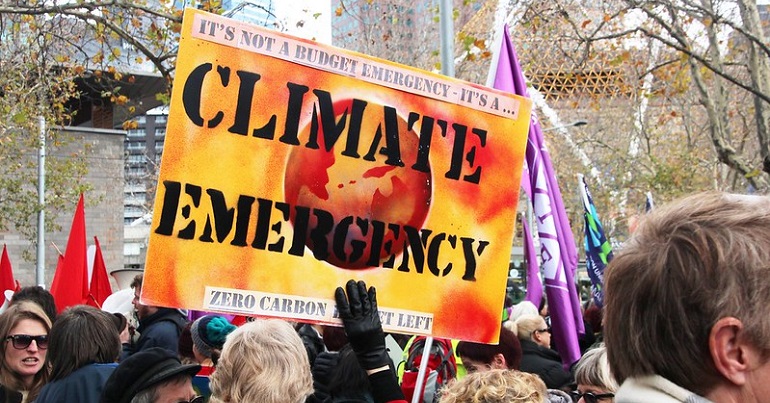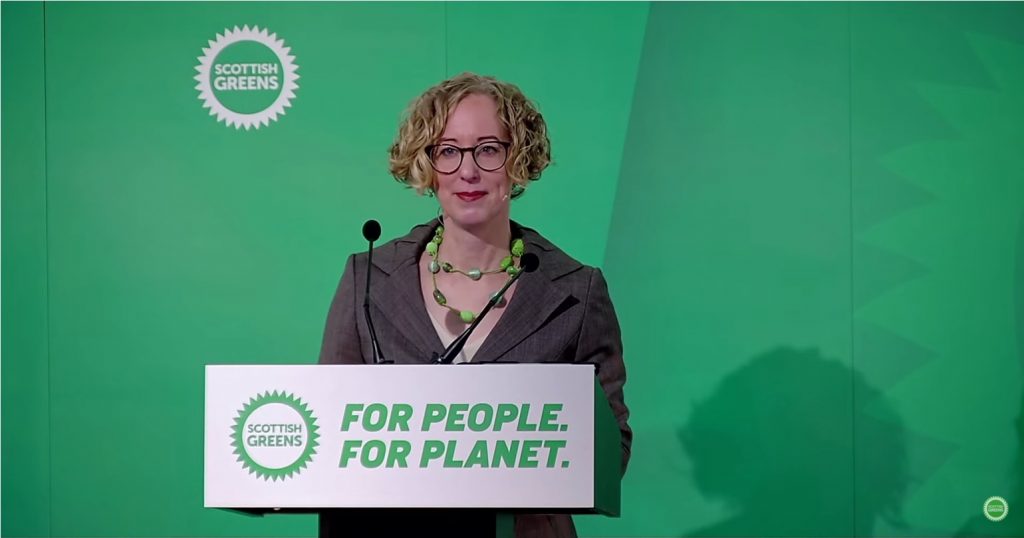Ecological action at the local level: Lessons for newly elected Councillors

Politics is often seen as exclusively about winning elections. I think a little more emphasis on the practicalities of being a Councillor would be useful. To see electoral politics as the main form of politics, and electoral politics as a matter of ‘good people’ replacing ‘bad people’ is, at best, a bit simplistic. Given the violence of climate change we need to think in more sophisticated ways about political change and to take focussed action that makes positive change while building the base for more radical, fundamental and systematic transformation.
I am not sure how much guidance there is for being an ecologically engaged Councillor. I know that the Green Party has a long-standing group for Councillors and – beyond the Green Party – others are promoting the Preston Model of local economic action. Having been a Councillor, albeit at the parish level, the most modest level of elected office in England, since 2010, I thought I would jot down a few things I have learnt.
The most important lesson, in my opinion, is to listen. It takes a while to work out how things work, it is worth sitting through the first few meetings just to get a hang of things. Practical politics is based on building relationships, so it is also a good idea to see where other Councillors are coming from.
Also, get an idea of the resources the council has. The major role of a parish council is commenting on planning decisions. I have seen passionate people elected for a range of political parties including Greens, Liberal Democrats and Labour, quickly resigning. Most of what is done isn’t very dramatic, but even a parish council can make a material difference. Parishes can effectively lobby higher level councils on important decisions, especially planning.
It is worth looking at everything the council does and seeing if it can promote climate change action, social justice, biodiversity and so on. On my council we have a number of buildings, including sports pavilions, community centres, offices and lots of greenspace. We have surveyed all our land and buildings for energy efficiency and have been insulating. We have leased our first electric van. Electric vehicles are far from a perfect solution, however our grounds team need to make lots of short journeys, so ideal in this case.
It is also really important to talk to the workers. After all, they do the work, so if you are putting forward policies, never ever ignore them. The council workers will have ideas on how to make things work better, getting their input makes sure that policies are likely to be practical. Perhaps the biggest lesson I have learnt as a Councillor is to respect everyone you meet and get their opinion. People respond if you listen to them, diverse opinions are a good way of ironing out potential problems.
Responses from the parish council staff have been the foundation of much of our climate work. If you don’t ask the workers, in my opinion, you are unlikely to make any significant progress as a Councillor. For example, the idea of replacing petrol driven machinery with electric, suggested by a member of the grounds team, makes their working lives easier with less pollution and vibration and is a way of reducing dependence on fossil fuels.
Officers at a borough level are also a good source of ideas. For example, we had a presentation on biodiversity from a borough officer at our annual parish meeting, which was open to the public. We have also engaged in a lot of tree planting and are currently researching solar panels and other sources of renewable energy for our buildings. The annual parish cycle ride, now in its 26th year, is a longstanding environmental event.
Party politics, I think, only gets you so far. Parishes are often non party political. I am an ecosocialist on a parish in a conservative rural area; talking to other Councillors has been a way of building consensus on practical climate action. Politics can involve conflict, but it can also be about building dialogue, so as to create cooperation on practical matters.
Parish councils have less power and district councils have more, but at a parish level it may be easier to work with others as party labels are less important. At any level respect others including those you disagree with.
Above all, council politics is institutional politics. And working with institutions is essential. Individual lifestyle change isn’t enough, systematic political change, while essential, may be far away and much about English politics is frankly toxic. However, we can work with institutions and do some modest good while we strive for more fundamental change.
PS. We hope you enjoyed this article. Bright Green has got big plans for the future to publish many more articles like this. You can help make that happen. Please donate to Bright Green now.
Image credit: John Englart – Creative Commons




Leave a Reply